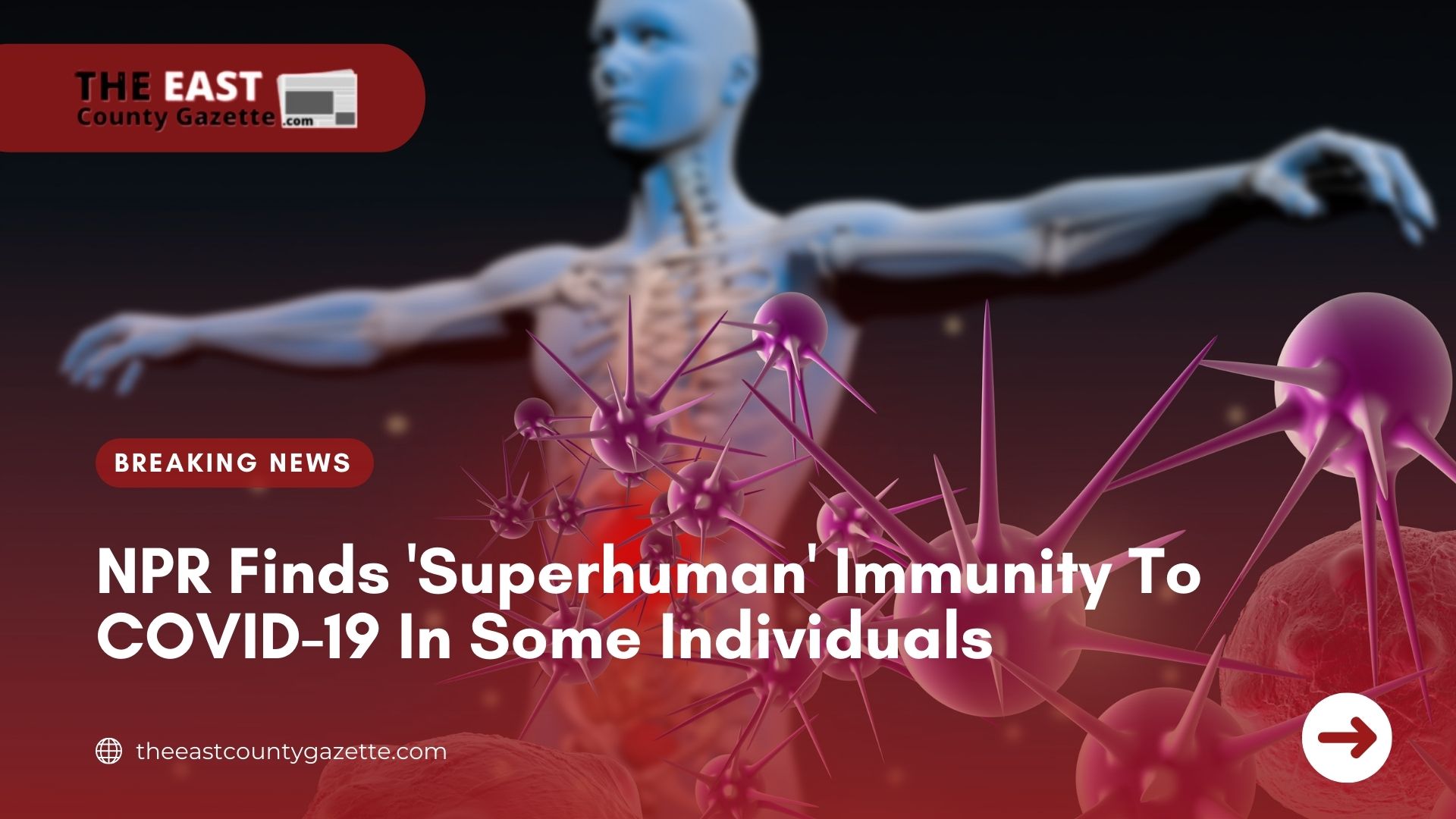Could “superhuman immunity” be possible against COVID-19?
An article published by NPR collects data by different scientists and researchers who weigh in on this so-called “immunity”, if it could be possible, and how a person acquires it.
Over the past several months, a series of studies has found that some people mount an extraordinarily powerful immune response against SARS-CoV-2, the coronavirus that causes the disease COVID-19.
Read more: COVID 19: Pfizer Asks FDA Approval for Vaccinations in Kids
Their bodies produce very high levels of antibodies, but they also make antibodies with great flexibility — likely capable of fighting off the coronavirus variants circulating in the world but also likely effective against variants that may emerge in the future.
“Overall, hybrid immunity to SARS-CoV-2 appears to be impressively potent,” immunologist Shane Crotty says.
Paul Bieniasz, a virologist at Rockefeller University who helped lead several of the studies, says that “One could reasonably predict that these people will be quite well protected against most — and perhaps all of — the SARS-CoV-2 variants that we are likely to see in the foreseeable future.”
Read more: COVID 19: Biden Orders Mandatory Vaccination for Federal Workers
“This is being a bit more speculative, but I would also suspect that they would have some degree of protection against the SARS-like viruses that have yet to infect humans,” Bieniasz continued.
Bieniasz and his colleagues found antibodies in these individuals that can strongly neutralize the six variants of concern tested, including delta and beta, as well as several other viruses related to SARS-CoV-2, including one in bats, two in pangolins and the one that caused the first coronavirus pandemic, SARS-CoV-1.
Read more: Texas Give COVID-19 Vaccine to Hundreds of Children Over the Weekend
“I think they are in the best position to fight the virus. The antibodies in these people’s blood can even neutralize SARS-CoV-1, the first coronavirus, which emerged 20 years ago. That virus is very, very different from SARS-CoV-2,” tells virologist Theodora Hatziioannou at Rockefeller University. She also helped lead a number of the studies.
She says the hypotheses that people who have previously been infected by COVID-19 could potentially have significant immunity against the virus can be true.
Read more: Unvaccinated Police Officer Dies of COVID-19
“After natural infections, the antibodies seem to evolve and become not only more potent but also broader. They become more resistant to mutations within the [virus],” she says.
“I’m pretty certain that a third shot will help a person’s antibodies evolve even further, and perhaps they will acquire some breadth [or flexibility], but whether they will ever manage to get the breadth that you see following natural infection, that’s unclear.”
What do you think?
Stay updated with more news here with us at the East County Gazette.

